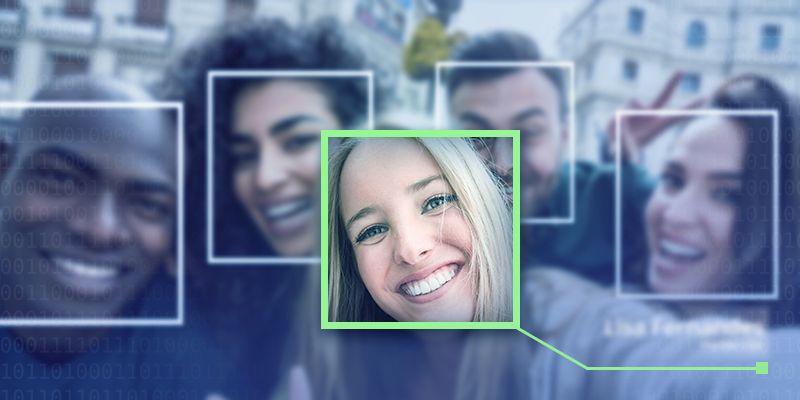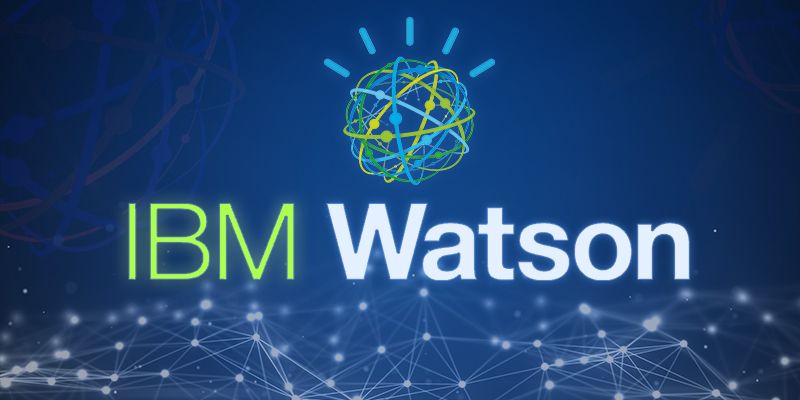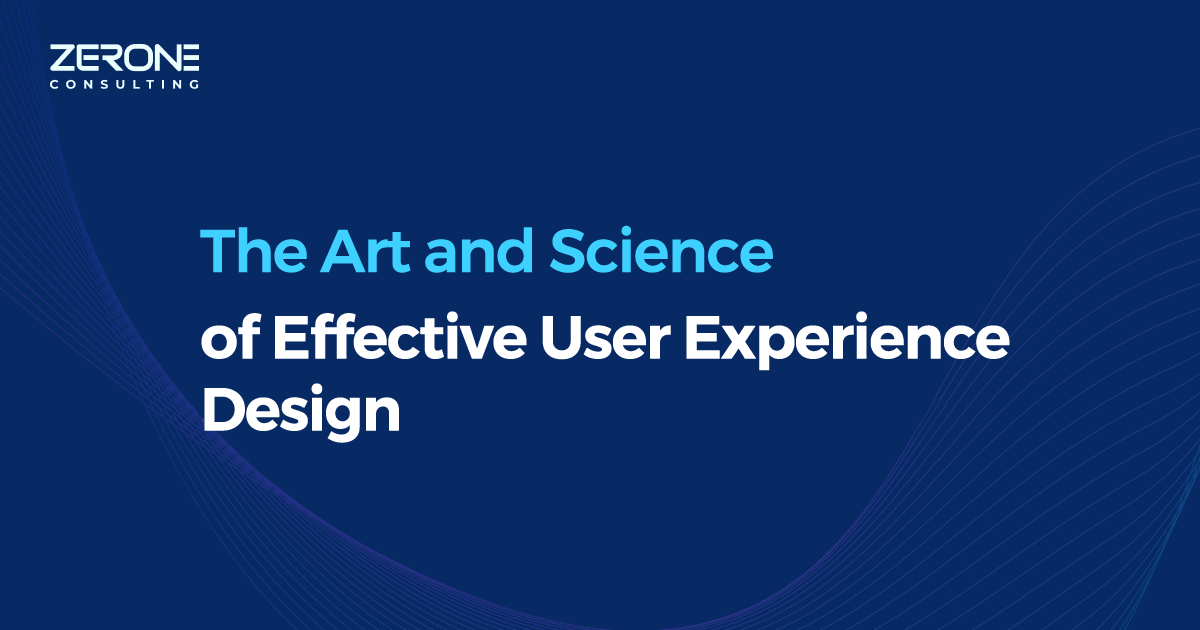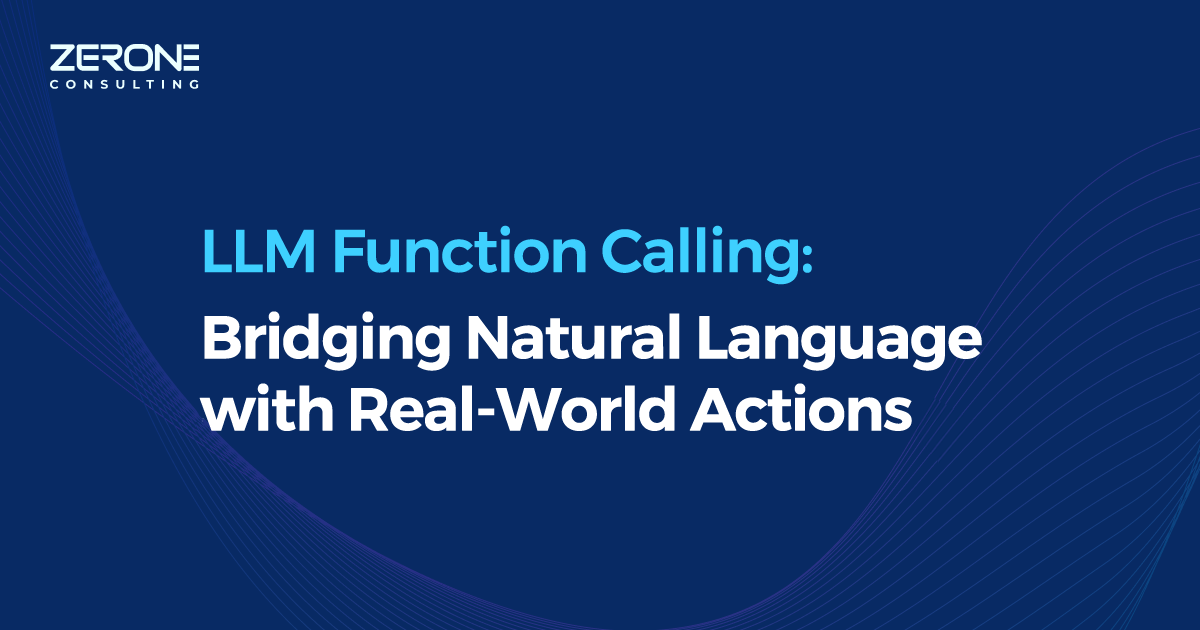Why your Business needs Cognitive Computing
Have you ever wondered how banks make sure that their clients are safe from any looming financial threats? How do they identify if there are any customers in their clientele with suspicious backgrounds? Across any organization, there exists a massive expanse of data, gathered from numerous sources, that probably lies untapped. Automation of data helps you in pooling the required information quickly. However, the real potential of data can be unleashed when it provides you meaningful insights to take your business to the next level.
Since the evolution of computers, Artificial Intelligence (AI) has been the far-flung goal of computing. Cognitive Computing will derive new models to strengthen this goal. Often, the public gets confused with the terms Cognitive Computing and Artificial Intelligence and use both interchangeably. Here is a simple example to understand the terms better. In AI, the system will advise the doctor to take the next course of action based on its analysis, whereas in Cognitive Computing, the system provides suggestions or information and lets the doctor decide on his/her next move. It can be described as “augmented intelligence”, where human experience and judgment are taken into account, as appropriate.
How Cognitive Computing differs from Data Analytics
Before understanding the differences, it is important to define both the terms. Analytics is a scientific process of transforming data into useful business insights. Such kind of insights help in critical decision-making. Cognitive Computing is a technology that attempts to recreate the behavior of the human brain. So, how does it differ from the existing forms of analytics?
It is an advanced level sitting on top of the existing models of Data Analytics (like Predictive, Prescriptive, and Descriptive models of analytics). It promises to deliver a better user experience, that leverages communication in natural language. The learning capabilities of cognitive computing are very appealing and user-friendly. It extends the scope of analytics to novel forms of data using advanced technologies.
When Cognition meets Computing
It is designed to recreate human thought processes in a mechanized model using self-learning algorithms. These algorithms learn independently from data using techniques like data mining, pattern recognition, and Natural Language Processing (NLP) to achieve human parity. Such kind of human-machine co-existence and evolution will help the technology replicate human capabilities across a wide spectrum of sensory perception, deduction, reasoning, learning and knowledge.
Following are the three key paradigms, where Cognitive Computing is creating a revolution.
- Sensory Perception: Out of the five human senses, the two areas that have witnessed a cognitive revolution include the auditory and visual perceptions. Optical character recognition, pattern recognition, face recognition, video analytics, computer vision and image processing are some of the prominent technologies making impact in the visual domain.

scanners aid process optimization and help you fight disabilities. Speech processing, voice recognition, creation of quick audio files, voice search in Google and similar audio features allow you to interact with machines in a conversational mode. Audio pattern analysis is extensively finding its application in medical diagnostics. Plainly spoken, the presence of cognitive features is the most significant reason behind the growing use of smartphones.
-
Decision-making capabilities: Cognitive Computing emulates human thinking capacity by using technologies such as machine learning, deep learning, and neural networks. Machine learning helps you identify patterns in large amount of information and make classifications and predictions down the lane. Deep learning is a subsidiary of machine learning that attempts to replicate high-level abstractions in data. This enables to create a hierarchy of concepts, and supports in building applications that can be run without any supervision. Neural networks are among one of the most used deep learning tricks, that assists in the creation of learning and reasoning systems. They help in solving complex problems, which requires years of human experience to resolve. Neural networks work at an astonishing pace and at superior levels of depth and volume.
-
Speed that surpasses human thought: The success of Cognitive Computing applications will depend on how the enormous amount of knowledge is represented, how effectively the information can be searched and how the system processes the natural language when it is queried. Techniques like High Performance Computing (HPC) and Hyperscale Computing provide more scalability and abilities to unlock the inherent capabilities of Cognitive Computing. Data scientists are also working on Knowledge representations and Ontologies that support complex algorithms to draw parallels and learn from related as well as non-related experiences. Natural Language Processing is another area that primarily helps in refining customer support by ensuring tight collaboration between man and machine.
How Cognitive Computing will transform your business?

It is going to be a major disrupter in the coming years and a critical determiner of how your business will perform and survive going forward. The research team working on IBM Watson mentions in their findings that more than 30% of organizations will pursue advanced analytics in today’s data-driven economy. This is an indicator of how Cognitive Computing is here to stay, providing its followers a competitive advantage. Here is how the technology will transform your business:
- Leverage employee expertise: Cognitive Computing technologies throw more light into customer’s data, thus creating a transparent 360-degree view of their customers. Armed with relevant data, customer service agents can serve their clients better through the sales frontline to IT unit to every department. This increases customer satisfaction and accelerates business growth.
- Take cost reduction measures in advance: Cognitive data vetting and analytics are incomparable. In huge production or service lines, application of cognitive technologies can quickly uncover any product malfunctions or safety issues. When your customer receives a prompt action from you, it reduces the negative publicity and boosts customer loyalty to your brand.
- Accelerates time-to-market: Identifying any emerging issues before customer escalation, safeguards your reputation and significantly reduces the time-to-market. Technologies like Natural Language Processing, machine learning and deep learning algorithms have tremendous capacity to sift through massive piles of structured and unstructured data to furnish useful insights. This is beyond the capacity of the smartest human being.
The digital universe is growing at an overwhelming annual rate of 40%. The volume of structured and unstructured data originating from humans, machines and business processes multiply fast. Of late, businesses are realizing the value of the hidden insights present in such content. Cognitive Computing is a major eye-opener for businesses that want to bridge their skills gap and deliver outstanding customer service. There is no exaggeration if we say Cognitive Computing is the new soul of human-machine collaboration.
Related read: How are AI and NLP Changing the Marketing Landscape?
We can help!



